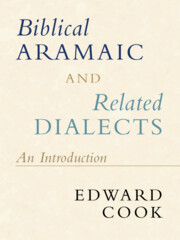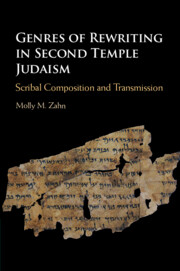This essay considers the vexed relationship between belonging and identity. Belonging is not an objective or unreflective association but rather an emotional assertion of attachment. That emotional connection is an indispensable component of identity, which, as Joseph David argues in Kinship, Law and Politics: An Anatomy of Belonging, is a relationship charged with meaning. Accordingly, the distinction between belonging as a privately held sentiment and the politics of belonging overlooks the fact that the emotions associated with belonging define group membership. Belonging is not a private matter but an emotional relationship that shapes social life, reinforces a group’s identity politics, and finds expression in a group’s practices. Analysis of two case studies from ancient Judaism—the writings of Philo of Alexandria and the sectarian Dead Sea Scrolls—demonstrates the emotional, social, and discursive dimensions of belonging and the role it plays in producing identity. Belonging is not a stable concept but is rather one that assumes different forms depending on the emotional orientation of the group and the particulars of identity politics. For Philo, belonging reflects a universalistic love for all humanity that helps shape an identity embracing Jewish practice and Greek virtue. By contrast, the Dead Sea sect’s antipathy toward all other Jews requires that a sense of belonging express not only love for fellow sectarians but also hate for all outsiders.



